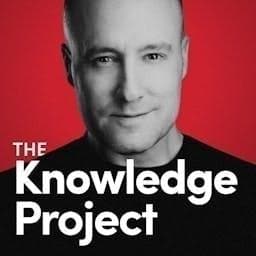
Sign up to save your podcasts
Or



By Meredith Black, Bob Baxley, Aarron Walter





5
5252 ratings



The podcast currently has 53 episodes available.










The podcast currently has 53 episodes available.

2,679 Listeners

857 Listeners

3,354 Listeners

11,903 Listeners

10,259 Listeners

12,750 Listeners

113,129 Listeners

5,140 Listeners

1,905 Listeners

9,119 Listeners

645 Listeners

2,241 Listeners

629 Listeners

2,087 Listeners

20,606 Listeners